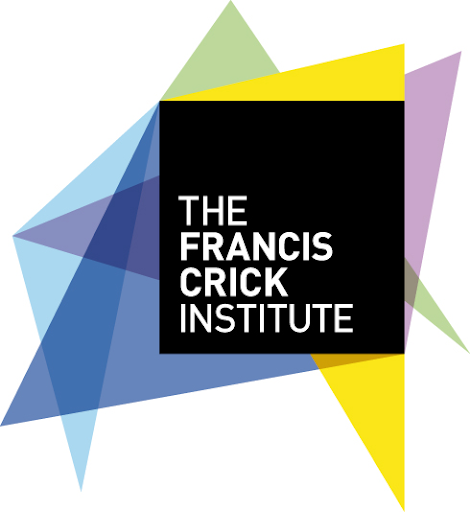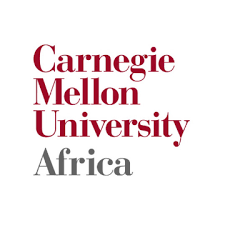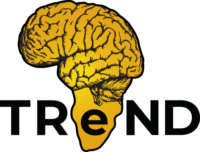TReND-CaMinA:
Computational Neuroscience
and
Machine learning in Africa
8-24th July 2024,
CMU-Africa campus, Kigali, Rwanda
An intensive entry level course to teach young African students and researchers the basics of computational neuroscience and machine learning

NEW ON THIS EDITION!
Hands-on data analysis tutorial by researchers of the Allen Institute on their public datasets.
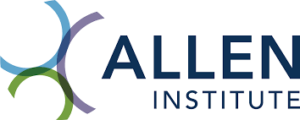
Over millions of years the nervous system has evolved into an extremely sophisticated computational machine. Understanding how it functions is fundamental if we are to overcome brain disease and cognitive impairments, develop future technologies and ultimately, comprehend our own existence.
Computational neuroscience aims to characterise brain operation using the language of mathematics, and to simulate its function using algorithmic principles. Machine learning uses statistical methods to infer patterns in data which can help us learn predictive relationships between natural or digital phenomena. Importantly, machine learning technologies have often drawn inspiration from computational principles extracted from biology and, conversely, have been used to interpret and model the brain.
During this course, we will give a basic introduction to these subjects in order to provide African students and researchers with a solid foundation from which they can further expand their horizons. The topics covered will include neurobiology, systems neuroscience, biophysical neural models, recurrent neural networks, dynamical systems, linear algebra, machine learning methods for neural data analysis, Bayesian statistics, deep learning and reinforcement learning.
A fundamental objective of the course will be to build a strong network of young, bright and enthusiastic African scientists to promote these world-changing fields across the African continent. Our overarching goal is to plant the seeds of a highly skilled future scientific cohort, trained in the disciplines that are radically transforming the way we interact in our world, and which are expected to trigger a global economic revolution.
Application will OPEN on the 15th of January at 23:59h (GMT) and CLOSE on the 15th of February at 23:59h (GMT).
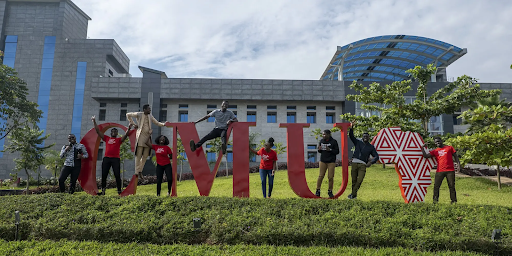
Who can apply?
The course is targeted to master students and final year undergraduates in the natural sciences and engineering (eg. biology, neuroscience, chemistry, mathematics, physics, computer science, electrical engineering…). Highly motivated PhD students and young researchers who are interested in exploring this field will also be considered. Note that only African nationals can apply to the course.
What is the level of the school?
This TReND course will be an entry level course to the fields of computational neuroscience and machine learning, and will be an ideal preparation for tackling more advanced international courses such as the Imbizo course, and the Neuromatch Academy course. All teaching will be in English.
Do I need previous coding experience?
Previous coding exposure is required to make the most out of the course. For those with less experience, the course will start with a 1-day Python coding introduction adapted to the course needs in order to get all participants up to speed. Students with quantitative backgrounds will be expected to help their peers in their coding assignments. Likewise, students with biological backgrounds will be expected to help more technical students understand neuroscientific concepts.
What do I need to apply?
- Personal statement where you will answer specific questions about your background and your motivations.
- One-page CV.
- Two letters of recommendation.
How much does the course cost?
There is no cost for the course. Thanks to our generous sponsors, we will be able to cover the selected student’s round-trip airfare (economy) from a major international airport in their country to Rwanda (Kigali airport), accommodation, and meals.
Given this unique opportunity, we are seeking candidates with potential to be a fruitful long-term investment not only based on their prospective individual careers, but also based on how they may help advance the fields within the continent in the future.
We welcome all applicants regardless of their socioeconomic background, ethnicity, gender, etc.
For any further questions feel free to contact us at:
Confirmed course faculty
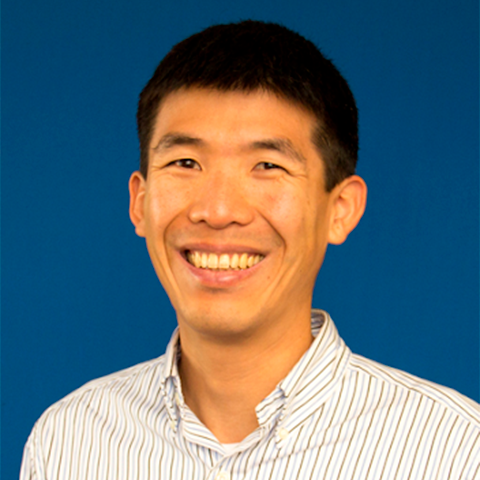
Prof. Byron Yu
Carnegie Mellon University

Prof. Dan Goodman
Imperial College London
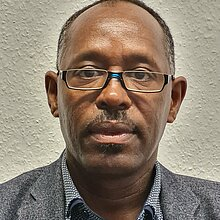
Dr. Abebe Geletu
AIMS Rwanda
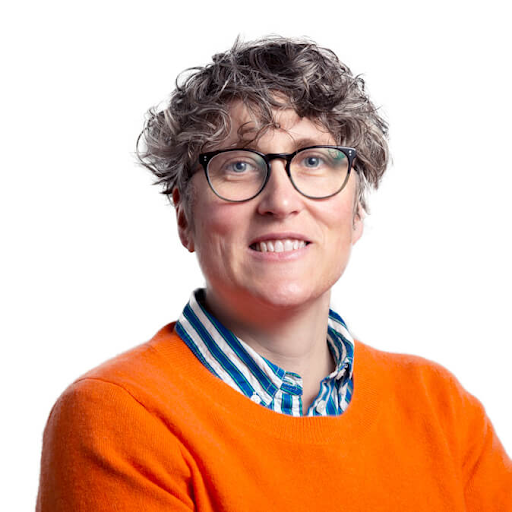
Dr. Saskia de Vries
Allen Institute
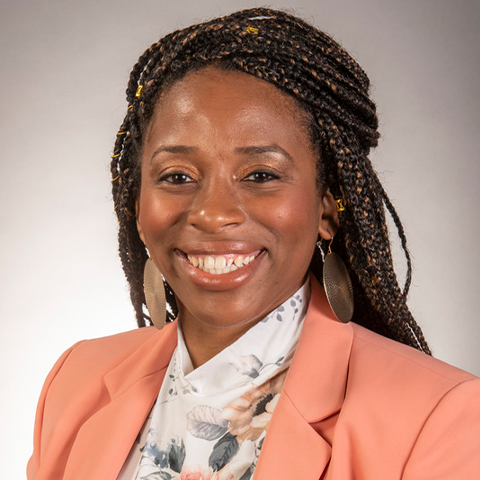
Prof. Sossena Wood
Carnegie Mellon University
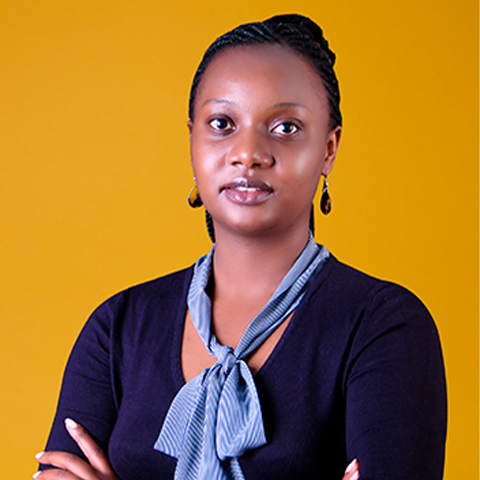
Dr. Carine Mukamakuza
CMU-Africa
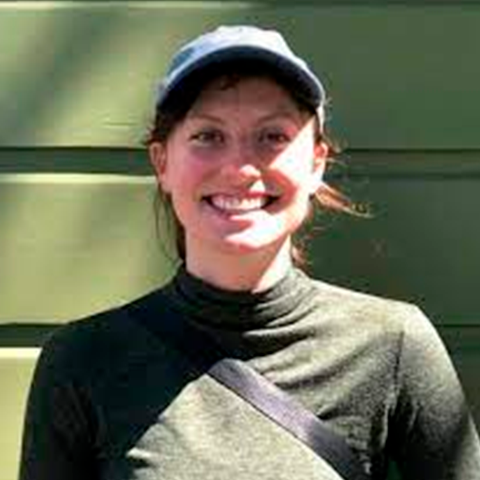
Dr. Laura Discroll
Allen Institute
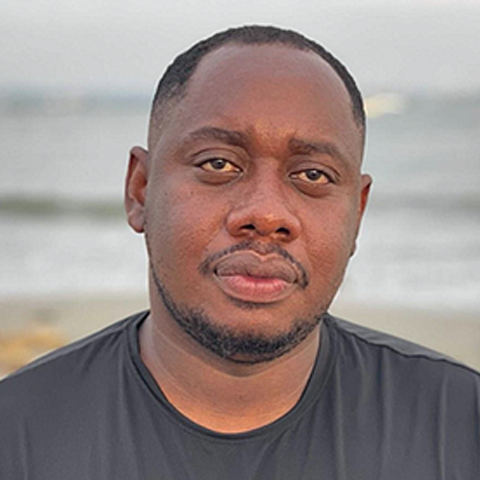
PROF. Felix Deku
University of Oregon
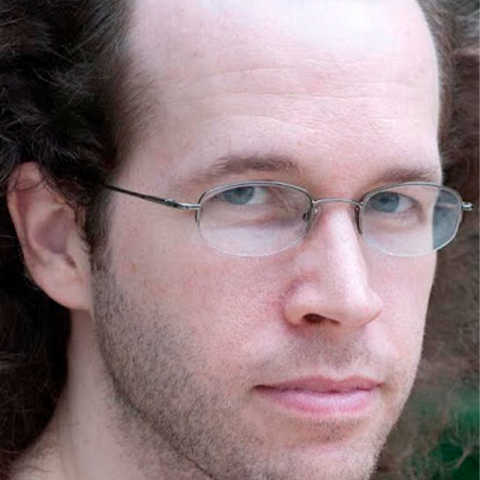
Dr. Michael Buice
Allen Institute
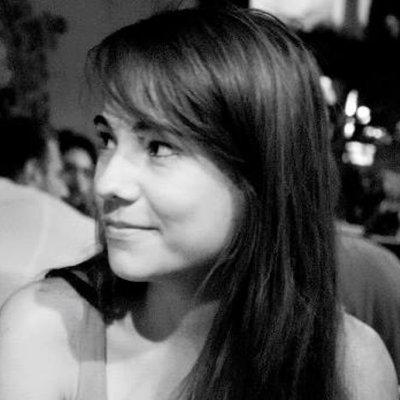
Dr. Eszter Vertes
DeepMind
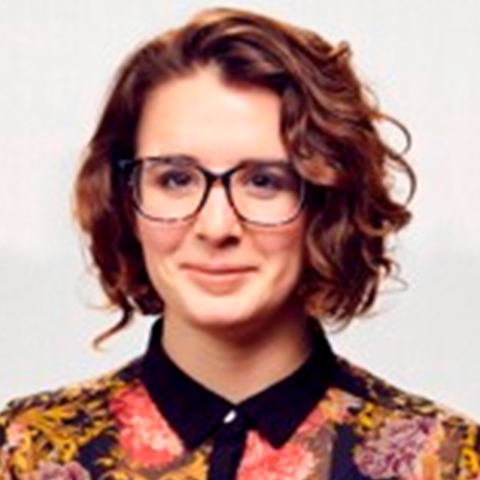
Prof. Kimberly Stachenfeld
Columbia/DeepMind
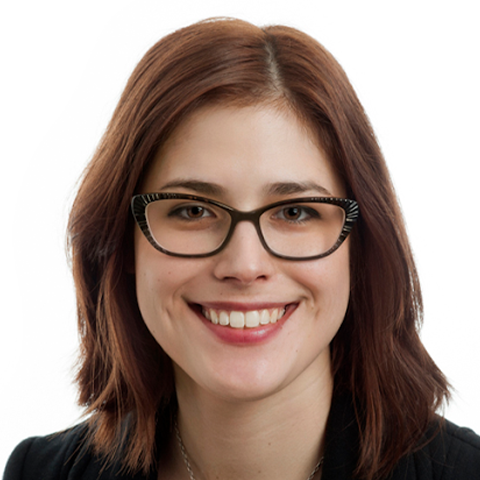
Dr. Carsen Stringer
Janelia-HHMI
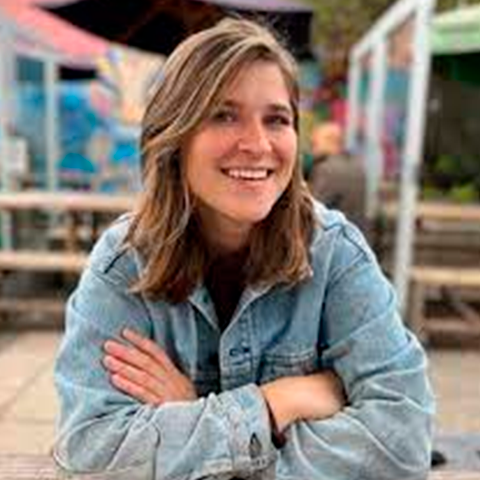
Prof. Lea Duncker
Columbia University
Organisers TReND-CaMinA
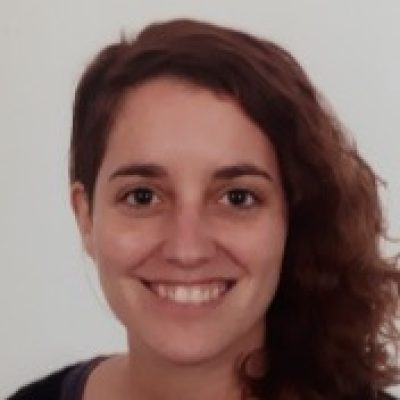
Dr. Saray Soldado-Magraner
University of California Los Angeles

Tom George
University College London
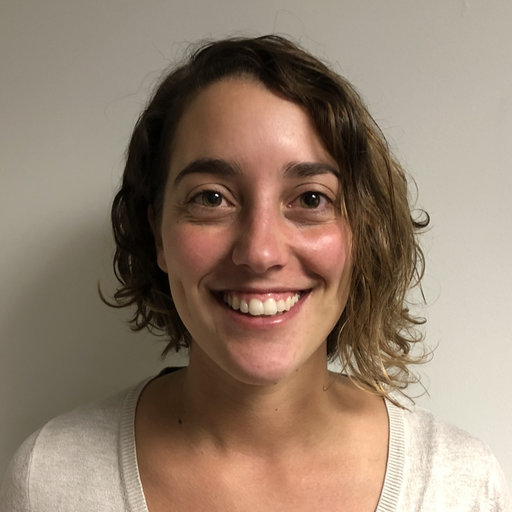
Dr. Joana Soldado-Magraner
Carnegie Mellon University
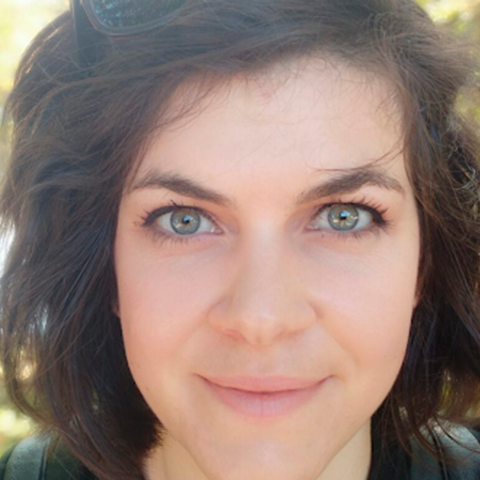
DR. Artemis Koumoundourou
Ulm University / TReND in Africa
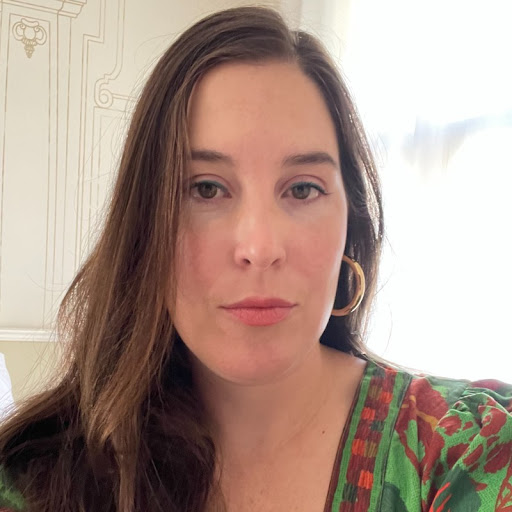
Dr. Gabriela Michel
Janelia-HHMI

Samyra Cury Salek
TReND in Africa
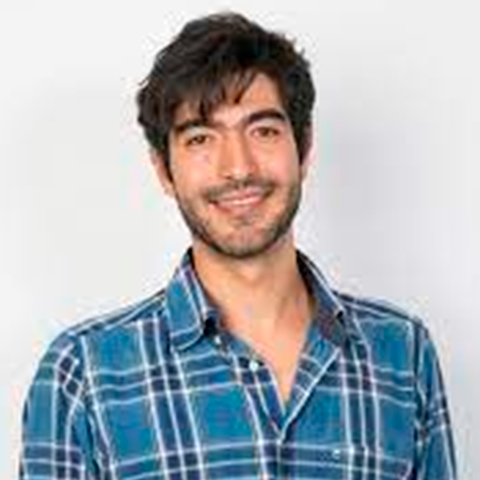
Dr. Emmanuel Marquez-Legorreta
Janelia-HHMI
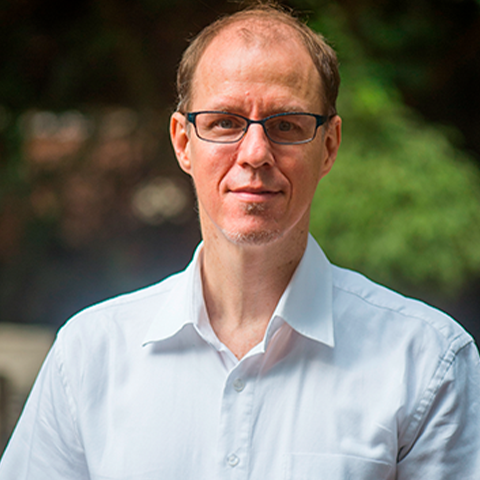
Prof. Tim Brown
CMU-Africa
Organisers Allen Institute tutorial
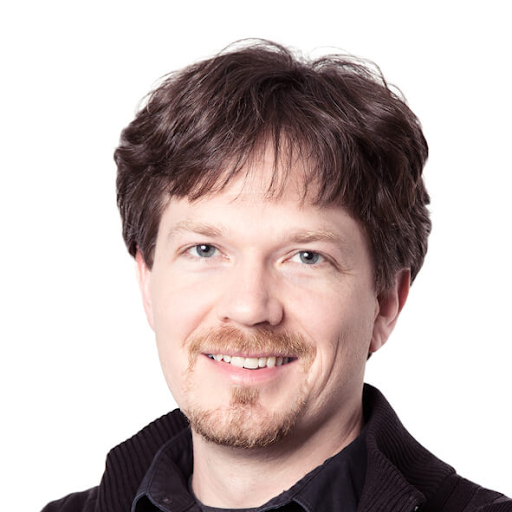
Dr. Shawn Olsen
Allen Institute
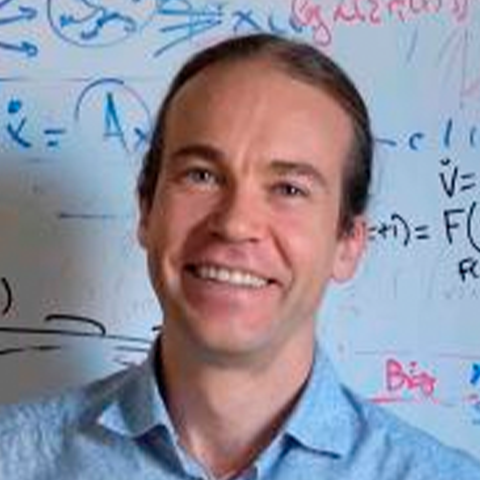
Prof. Eric Shea-Brown
University of Washington

Andrew Hickl
Allen Institute
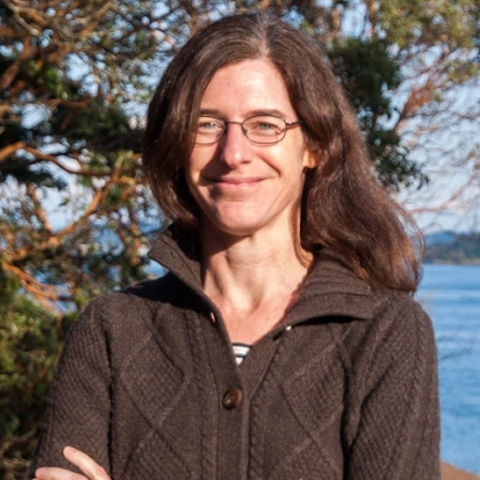
Prof. Adrienne Fairhall
University of Washington

Dr. John Phillips
Allen Institute

Dr. Emily Borsom
Allen Institute
Teaching team
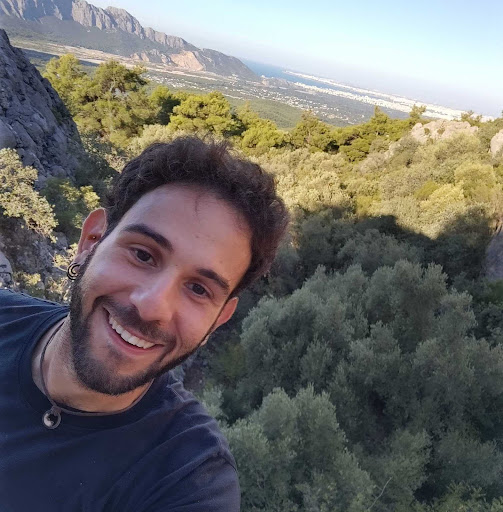
dr. Burak Gür
Johannes-Gutenberg-University of Mainz
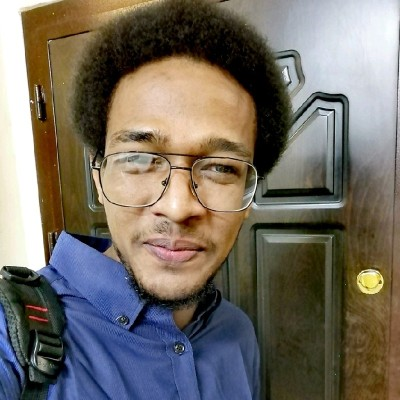
Mahmoud Elmakki
Champalimaud Center for the Unknown
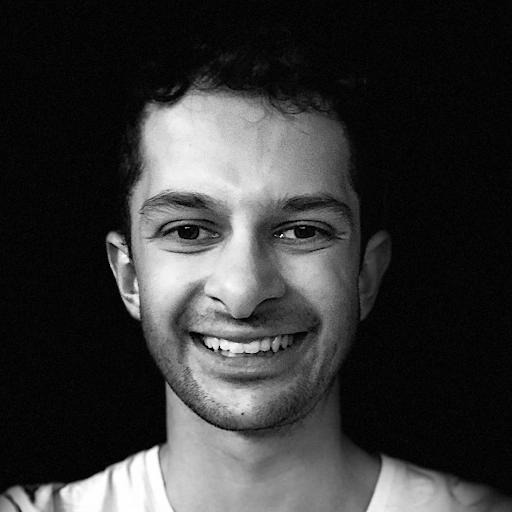
Dr. Marcus Ghosh
Imperial College
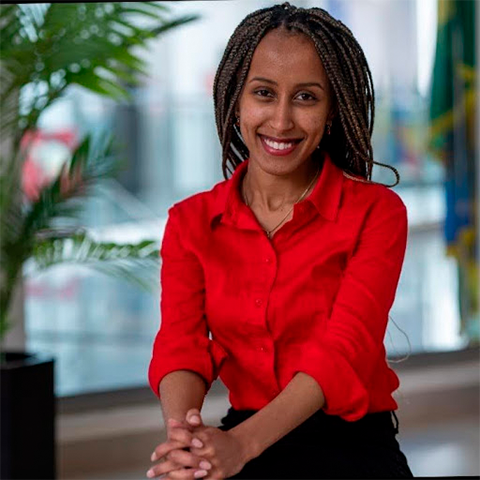
Arisema Mihretu
CMU-Africa

Gilgal Justice Ansah
University of Pittsburgh
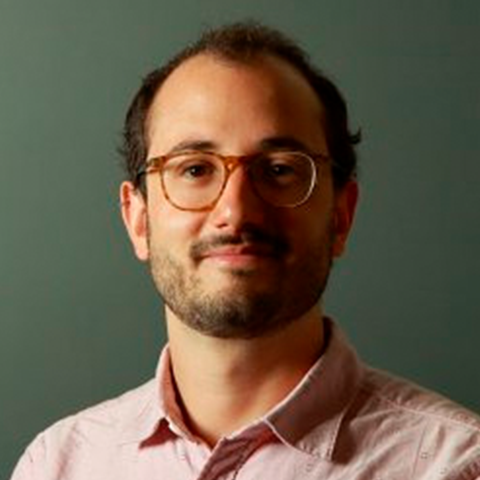
Dr. Martino Sorbano
ETH-Zurich
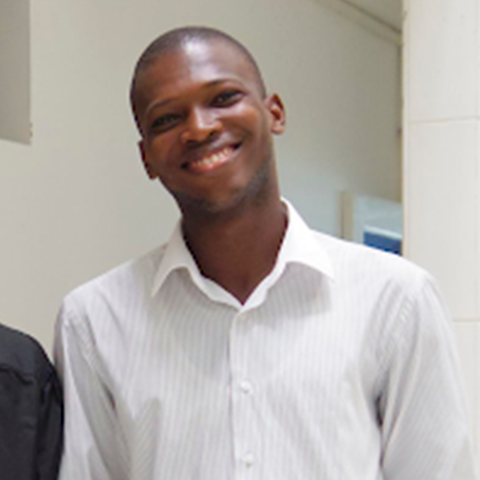
Abib Duut
Francis Crick Institute London
SPONSORS
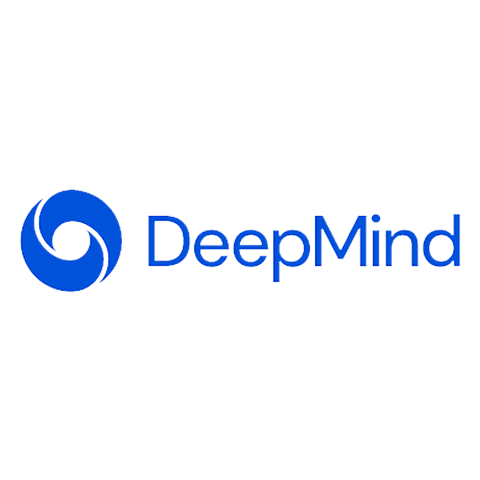


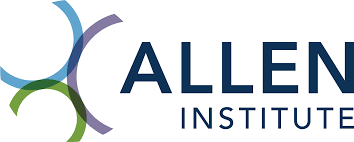

PARTNER INSTITUTIONS
